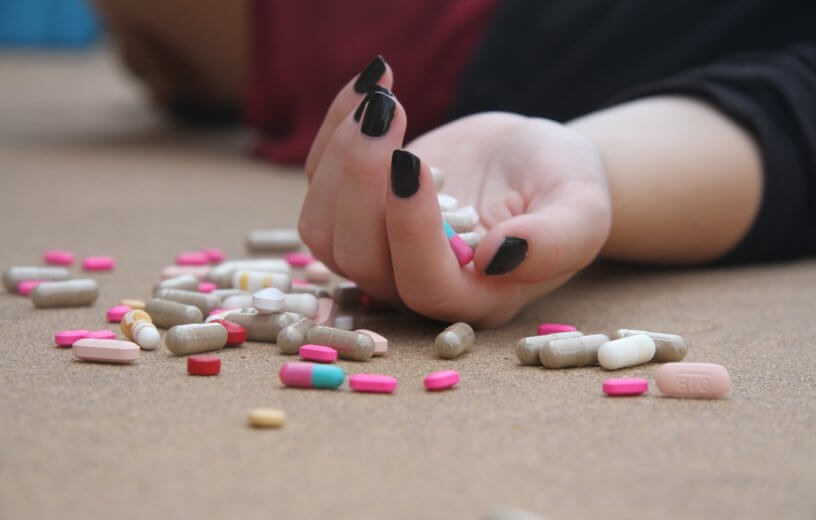COLUMBUS, Ohio — The number of American teenagers who have attempted suicide by self-poisoning is on a stunning rise, having more than doubled since 2000, according to figures from a recent study.
The alarm is sounding even louder for girls, the study shows. Researchers from Nationwide Children’s Hospital and the Central Ohio Poison Center say the number of suicide attempts has more than tripled for girls and young women over the 18-year study period.
The study analyzed the incidence and outcomes of intentional suspected-suicide self-poisoning in children and young adults between the ages of 10 and 24 years old between 2000 and 2018. In that time, there were 1.6 million cases recorded among children and young adults, as reported to all U.S. poison centers. Of those, a staggering 1.1 million, or 71%, were committed by women and girls.
“The severity of outcomes in adolescents has also increased, especially in 10- to 15-year-olds,” notes study co-author Henry Spiller, director of the Poison Center, in a statement. “In youth overall, from 2010-2018 there was a 141% increase in attempts by self-poisoning reported to U.S. poison centers, which is concerning.”
Previous suicide research showed that suicide is the second-leading cause of death in young people aged 10 to 24 years in the U.S. While white males commit suicide more frequently than all females, females average more suicide attempts than males. Overall, self-poisoning is the most common suicide method in the country, and the third-most common method in adolescents.
“While certainly unsettling, it’s important that parents and individuals who care for youth don’t panic at these findings, but rather equip themselves with the tools to start important conversations and engage in prevention strategies, such as safe storage of medications and reducing access to lethal means,” says co-author Dr. John Ackerman, a suicide prevention coordinator at the hospital. “There are many resources and crisis supports available around the clock to aid in the prevention of suicide, and suicide prevention needs to start early.”
Adds Ackerman: “A helpful starting point for any parent to increase the dialogue is OnOurSleeves.org, which has resources about beginning this important conversation as a family. The American Association of Suicidology and American Foundation for Suicide Prevention also have many resources.”
If you or your child need immediate help due to having suicidal thoughts, go to your local emergency room immediately, call the National Suicide Prevention Lifeline at 1-800-273-TALK (8255) or you can reach the Crisis Text Line by texting “START” to 741-741. If you believe an overdose has occurred, call the national Poison Help hotline 1-800-222-1222.
The study was published in the Journal of Pediatrics.
